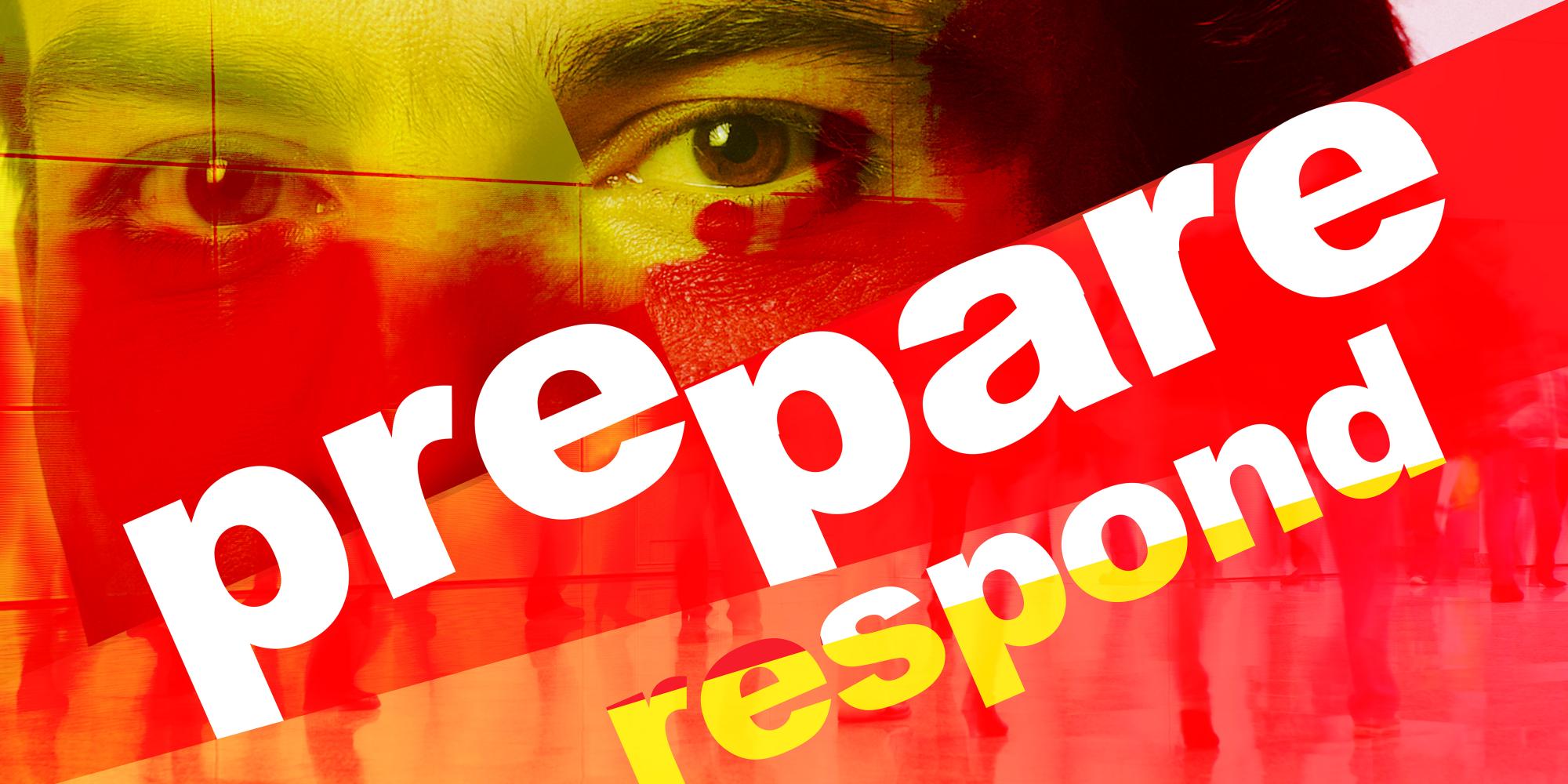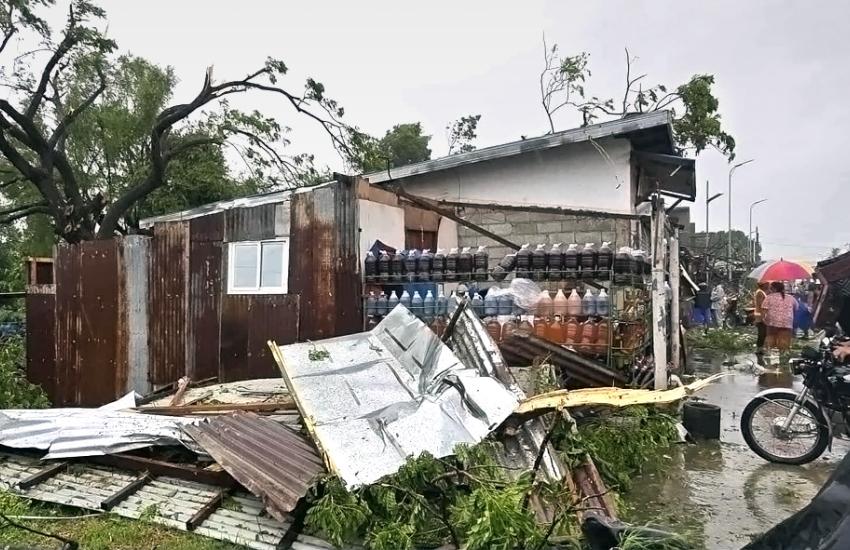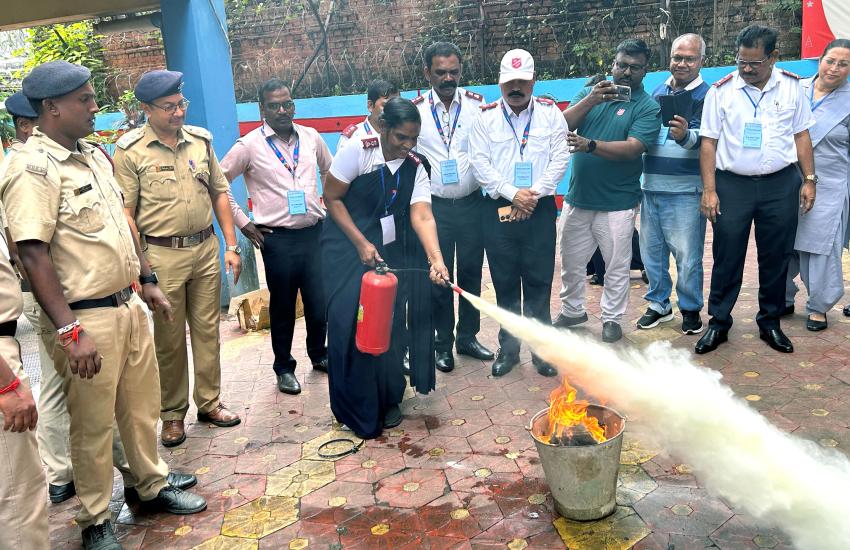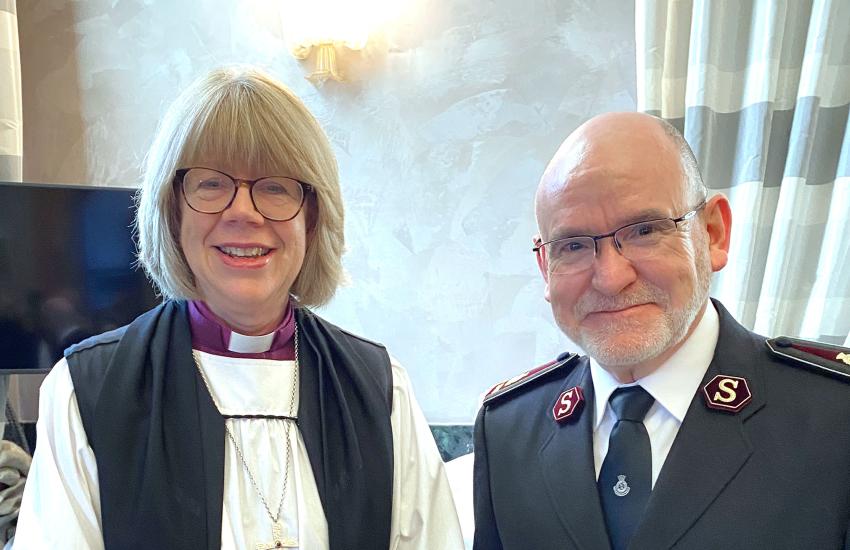By Captain Matthew Beatty
Every year, the International Day for Disaster Risk Reduction reminds us of a simple truth: disasters don’t wait. Whether it’s a flood, earthquake, conflict or pandemic, communities around the world face threats that can strike without warning.
The Salvation Army has an important role to play, not just in responding to a disaster (such as providing food and relief items) or assisting communities in their recoveries (such as rebuilding homes), but also in reducing disaster risks, building resilience and strengthening communities. Many of our colleagues live and serve in the very places most vulnerable to disaster. They are often the first to respond when tragedy strikes, and they know firsthand the difference that preparation can make.
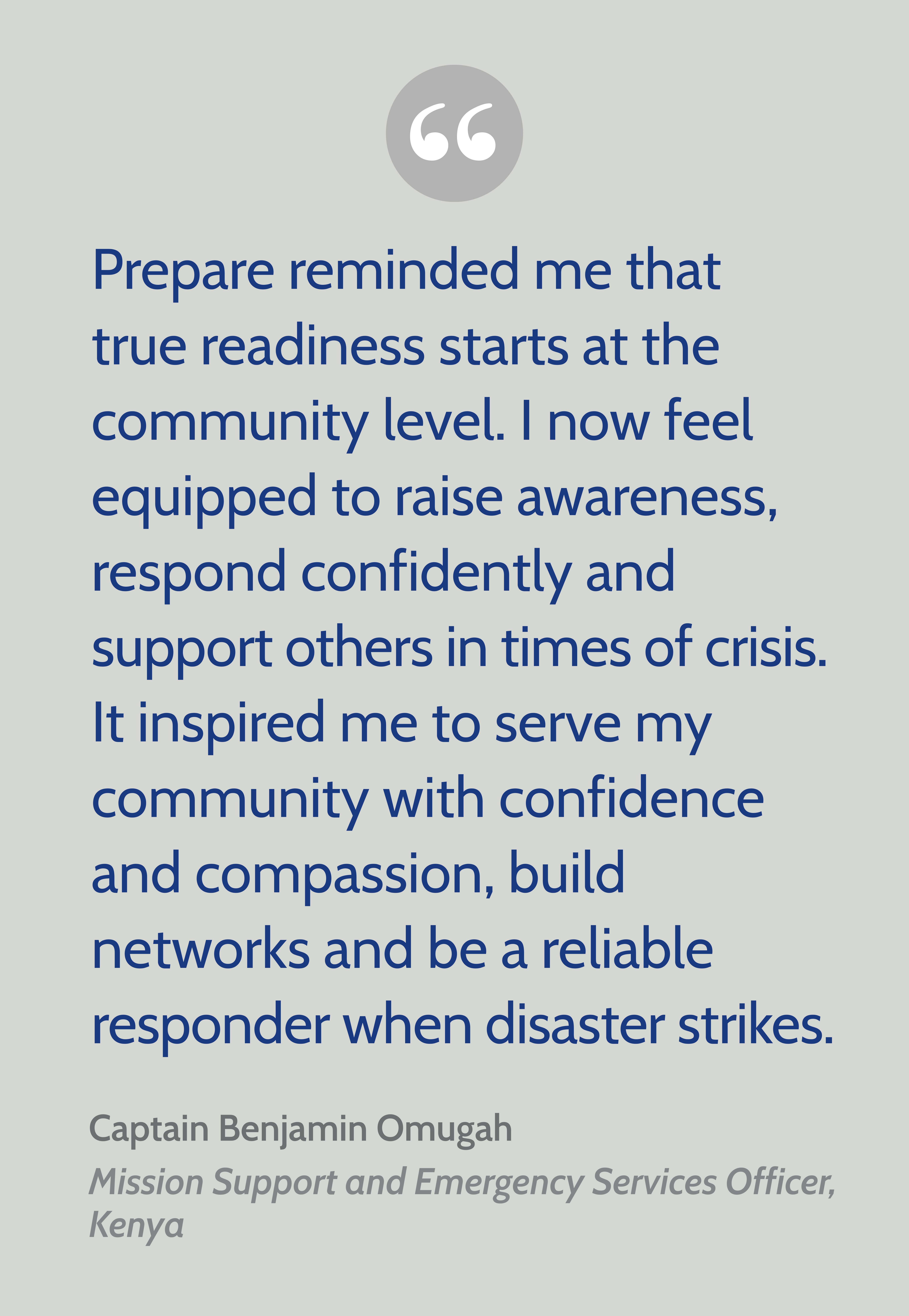
Training that transforms
To support personnel on the front line, The Salvation Army’s International Emergency Services (IES), based in London, United Kingdom, runs intensive disaster preparedness training – both online and in person. Our flagship programme, Prepare (Prepare to Respond to Emergencies – Planning and Readiness), equips teams with the tools to plan, respond, mitigate, monitor and evaluate disaster risks effectively.
Prepare covers everything from humanitarian standards and child protection to coordination with governments and non-government organisations. It teaches how to assess needs, uphold accountability and build trust with communities.
In the past three years alone, IES has delivered seven Prepare trainings, reaching delegates from 25 countries. These sessions have sparked real change, helping local Salvation Army teams develop contingency plans, stockpile supplies and establish clear communication systems – all vital steps in saving lives.
Preparedness also ensures a swift response, reducing chaos and confusion during emergencies. First responders, trained volunteers and citizens who understand basic emergency protocols can act decisively and quickly to protect themselves and others.
Moreover, disaster preparation strengthens community resilience. When The Salvation Army coordinates with individuals and organisations to prepare for emergencies, they build stronger networks of support. Communities that are well-prepared can recover faster, reducing long-term societal and economic consequences.
Angola: a case study in action
Prepare training in Luanda, Angola, showcased the power of local collaboration. Delivered entirely in Portuguese, thanks to the host country’s translation and technical support, the five-day course brought together 35 delegates from across the country. Over five days, they immersed themselves in disaster risk reduction, learning how to protect their communities and respond with confidence.
Delegates left with practical skills, renewed purpose and a network of support that will serve them long after the training ends.
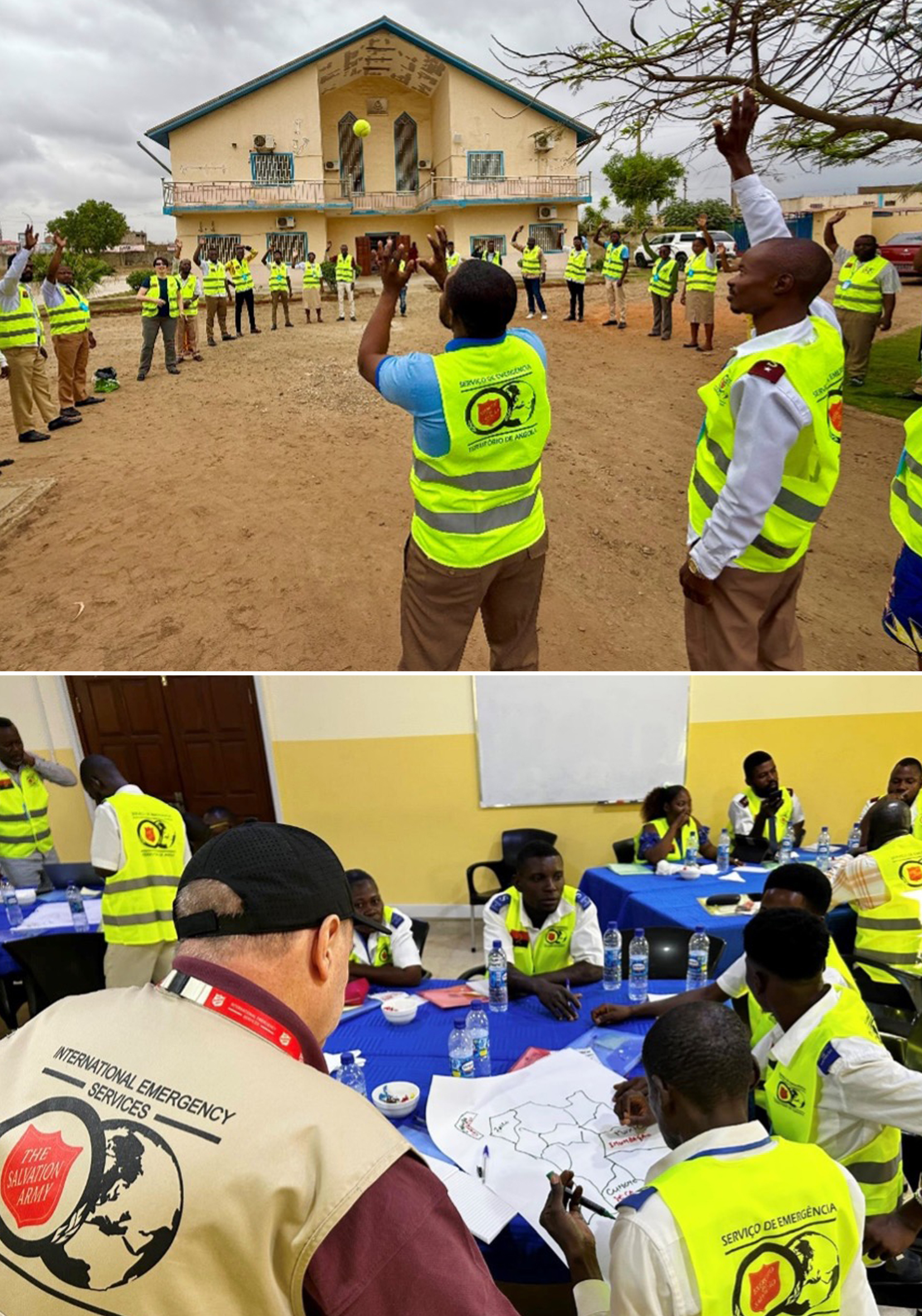
Prepare training was an eye opener that left me feeling less anxious and more equipped to handle emergencies.
Captain Shadreck Banda, Mission Support and Emergency Services Secretary, Mozambique
Looking ahead
Disaster preparation and mitigation are essential for safeguarding lives, property and the environment. They require collaboration among governments, organisations and individuals, as well as investment in education, technology and infrastructure. By proactively addressing risks and being ready to respond, The Salvation Army can help reduce the devastating impacts of disasters and build a more resilient future within the communities in which we serve.
